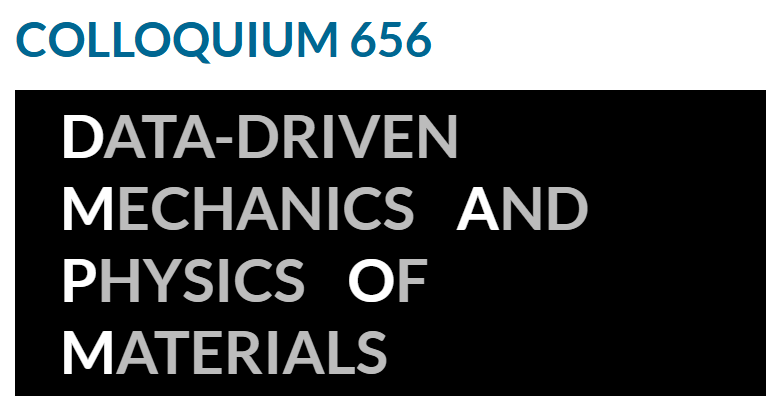
Data-driven Mechanics and Physics of Materials
Surya R. Kalidindi
Georgia Institute of Technology, United States
Co-Founder, Multiscale Technologies
Digital twins for mechanics of materials applications
This presentation will expound the challenges involved in the generation of digital twins (DT) as valuable tools for supporting innovation and providing informed decision support for the optimization of the mechanical properties and/or performance of advanced material systems. This presentation will describe the foundational AI/ML (artificial intelligence/machine learning) concepts and frameworks needed to formulate and continuously update the DT of a selected material system. The central challenge comes from the need to establish reliable models for predicting the effective (macroscale) mechanical response of the heterogeneous material system, which is expected to exhibit highly complex, stochastic, nonlinear behavior. This task demands a rigorous statistical treatment (i.e., uncertainty reduction, quantification and propagation through a network of human-interpretable models) and fusion of insights extracted from inherently incomplete (i.e., limited available information), uncertain, and disparate (due to diverse sources of data gathered at different times and fidelities, such as physical experiments, numerical simulations, and domain expertise) data used in calibrating the multiscale mechanics of materials models. This presentation will illustrate with examples how a suitably designed Bayesian framework combined with emergent AI/ML toolsets can uniquely address this challenge.